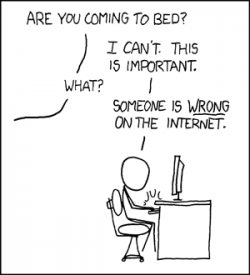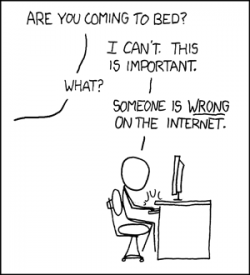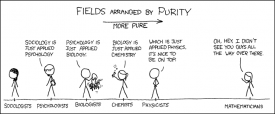kowalskil
Member
Theists and Atheists (P.S.)
I still do not know what can be done to eliminate endless futile conflicts between theists and atheists. But comments collected at several websites prompted me to compose a short on-line paper at:
theo_sci
It can probably be used to initiate an interesting discussion here. Please share this link with those who might be interested.
Ludwik Kowalski
Professor Emeritus
Montclair State University, USA
.
.





